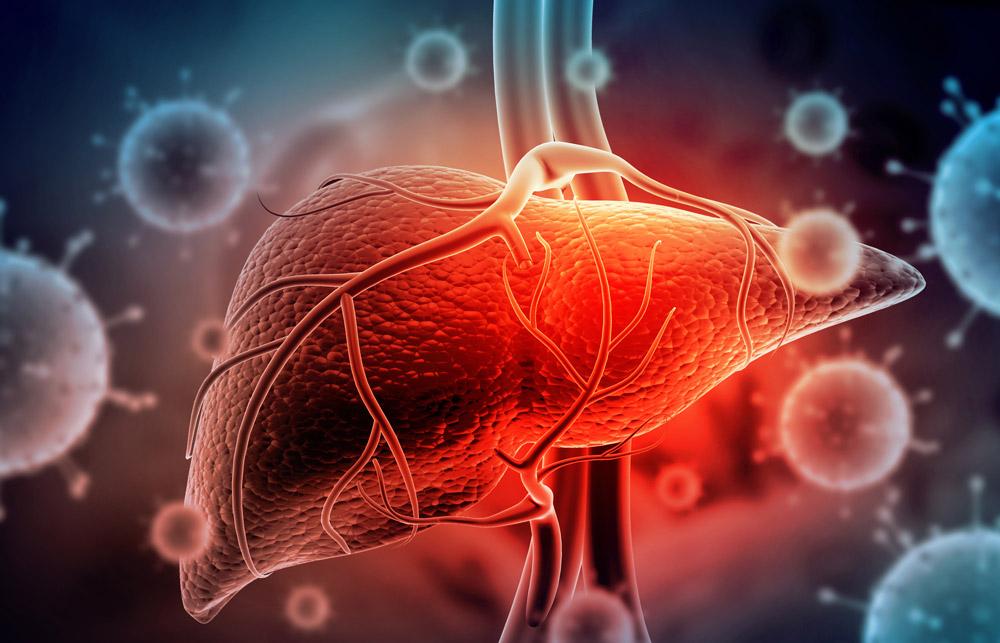With more and more reports of adverse reactions caused by the COVID-19 vaccines, the medical community is becoming increasingly aware of vaccine-induced autoimmune diseases.
2 Doses of Pfizer Vaccine Resulted in Developing Hepatitis Twice
A study on vaccines and autoimmune hepatitis published on April 21, 2022, in the Journal of Hepatology, an authoritative medical journal, described a case reported from the University Medical Center Freiburg, Germany. In this case, a 52-year-old man developed acute hepatitis twice after receiving two doses of Pfizer vaccine.The first time was 10 days after the first dose of the vaccine, when the patient developed symptoms of acute hepatitis, including nausea, fatigue, and jaundice, with significantly elevated liver function/injury markers. At that time, his doctor did not associate the patient’s hepatitis with the vaccine, and the patient recovered on his own without any special treatment.






